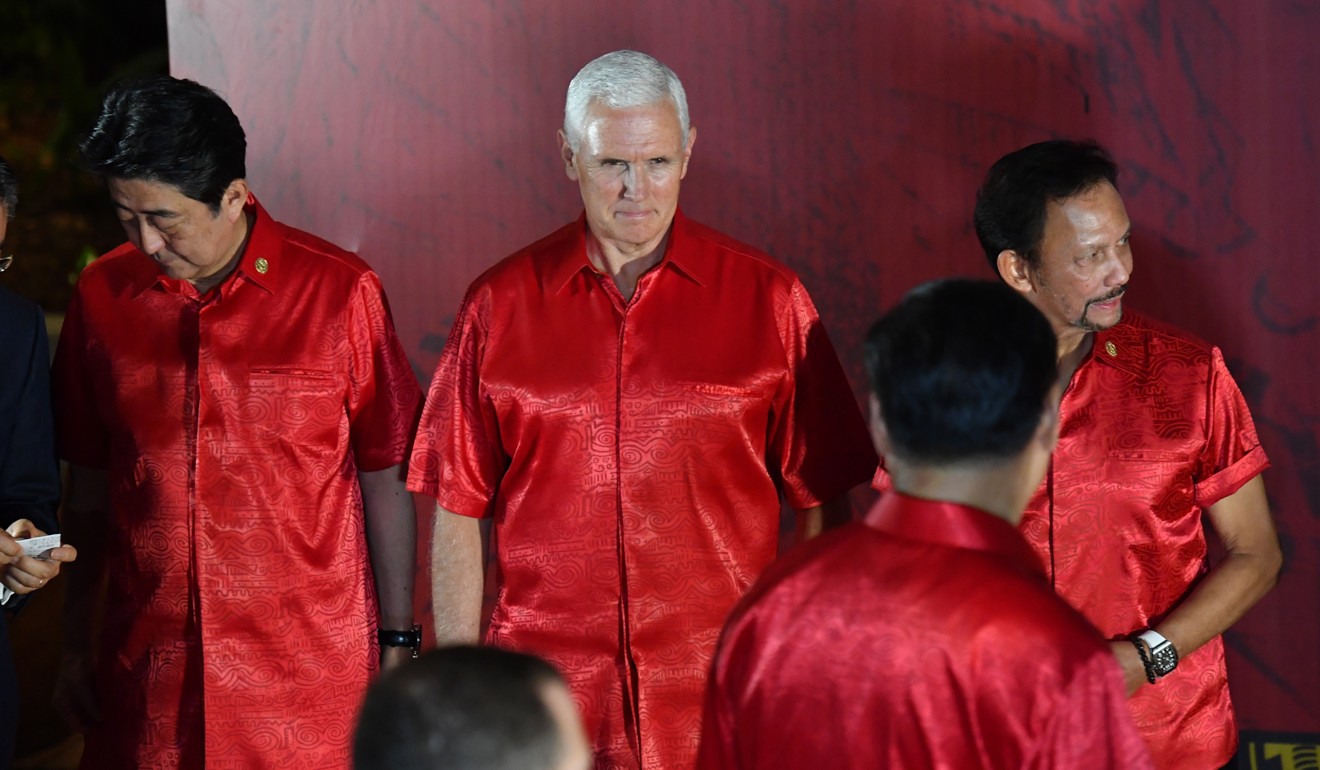
Huawei is the heart of darkness for US policymakers, resulting in a defensive approach to 5G development
- David Dodwell says US paranoia towards Chinese 5G development, led by Huawei, may see a wholly unnecessary and potentially harmful divide in the world’s digital economy
The report calls for nationalisation of the US’ 5G roll-out plans to protect US technology leadership, and to keep the US internet secure from China, “the dominant malicious actor in the Information Domain”. The report says, “Europe led 3G development, the US led 4G, and with these market-altering activities the Chinese may be poised to lead in 5G Huawei.”
The effort could eventually “help inoculate developing countries against Chinese neo-colonial behaviour” and “by ensuring the network is built with security as a foundational principle, Americans can concentrate on living their lives without fear of walking dangerous digital streets”.
It specifically mentions Huawei’s use of “market-distorting pricing and preferential financing to dominate the global market for telecommunications infrastructure”. It cites a 2017 memo from the secretary of defence that says: “The advent of the internet … has changed the character of modern warfare. In the 21st century freedom is won and lost in the information domain.”
To outsiders like me, despite being massively impressed by the progress made by Huawei in the roll-out of 5G worldwide, this breathlessly paranoid view of China’s technology challenge is hard to swallow. As Jamil Anderlini noted in the Financial Times this week, “China today is far less of a threat to American tech dominance than many in the US believe” and “remains predominantly a low-margin, low-end manufacturing and assembly base for global supply chains”. For example, as Anderlini notes, even though China has 3,000 companies producing around 38 billion ballpoint pens a year, it still struggles to produce a precision ballpoint pen tip, with 90 per cent still being imported from Japan, Germany and Switzerland.
Closer to Huawai and the internet challenge, Anderlini recalls that China still imports 95 per cent of the high-end microchips used in the computers and smartphones that it makes – at a cost of US$227 billion in 2016. Huawei itself reveals that 33 of its 92 core suppliers are US companies, hardly a position from which to launch an existential challenge to the US as the world’s pre-eminent technology superpower.
But at the heart of this angst-ridden perspective on China’s technology challenge seems to be what the Financial Times’ Martin Wolf calls the Manichaeism embedded in much American thinking.
Manichaeism, a belief system developed by the Iranian prophet Mani around 1,900 years ago, sees the world as a permanent struggle between the good spiritual world of light and an evil material world of darkness. The responsibility of every good person is to seek out and destroy all sources of darkness and evil. In the minds of Trump’s modern-day Manicheans, the US lives in the world of light, while China, Chinese people and companies, are part of the evil material world of darkness, and need to be kept in check, and if possible purged.

My own on-the-ground experience in China makes me dismissive of this view. Starting in the early 1980s under Deng Xiaoping, the military has shrunk from six million to some two million. At the time, I walked around dozens of former armaments factories across Sichuan that were being converted to make dishwashers, air conditioners and other household products. Ren was among those cast-offs, who went on to found Huawei to trade telecom equipment in Shenzhen.
If Huawei subsisted on government procurement contracts, I see this as little different from Texas Instruments, GE, Raytheon and Lockheed in the US, BAe and Babcock in the UK, or Dassault and Aerospatiale in France: smart, aggressive and lucky to be part of a massive and fast-growing market.
We are not in a war between the forces of good and of evil, but between clever companies that are doing what clever companies do
The danger is grave that this conflict may lead to a bifurcation of the world’s digital economy, with countries across the world being forced to choose between distinct and incompatible Chinese or US systems. It is an unnecessary and paranoid battle that can inflict great harm.
We are not in a war between the forces of good and evil, but between clever companies that are doing what clever companies do – fight fiercely for market share wherever they can.
David Dodwell researches and writes about global, regional and Hong Kong challenges from a Hong Kong point of view

